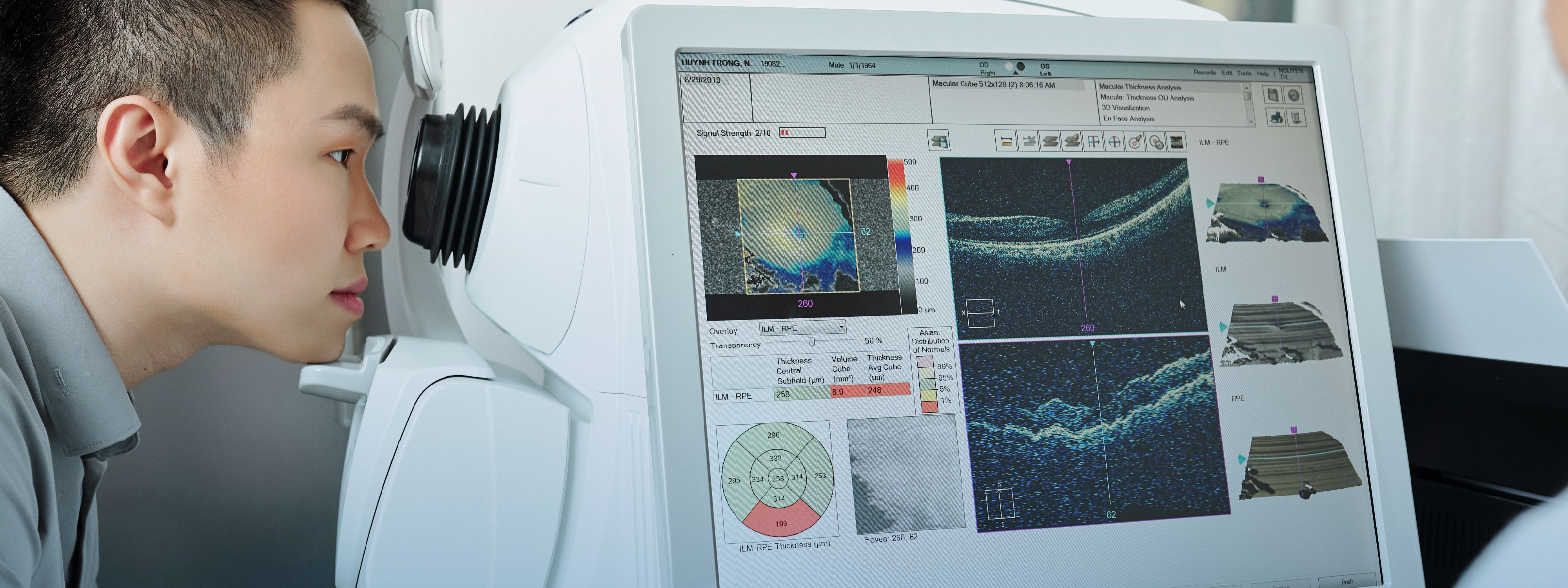 8+ years of exp
8+ years of exp
Languages
English, Marathi and HindiClinics
HealthHub - Al Qusais
HealthHub Day Surgery - Festival City

 8+ years of exp
8+ years of exp
HealthHub - Al Qusais
HealthHub Day Surgery - Festival City